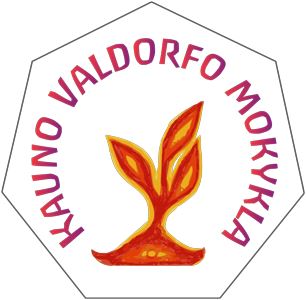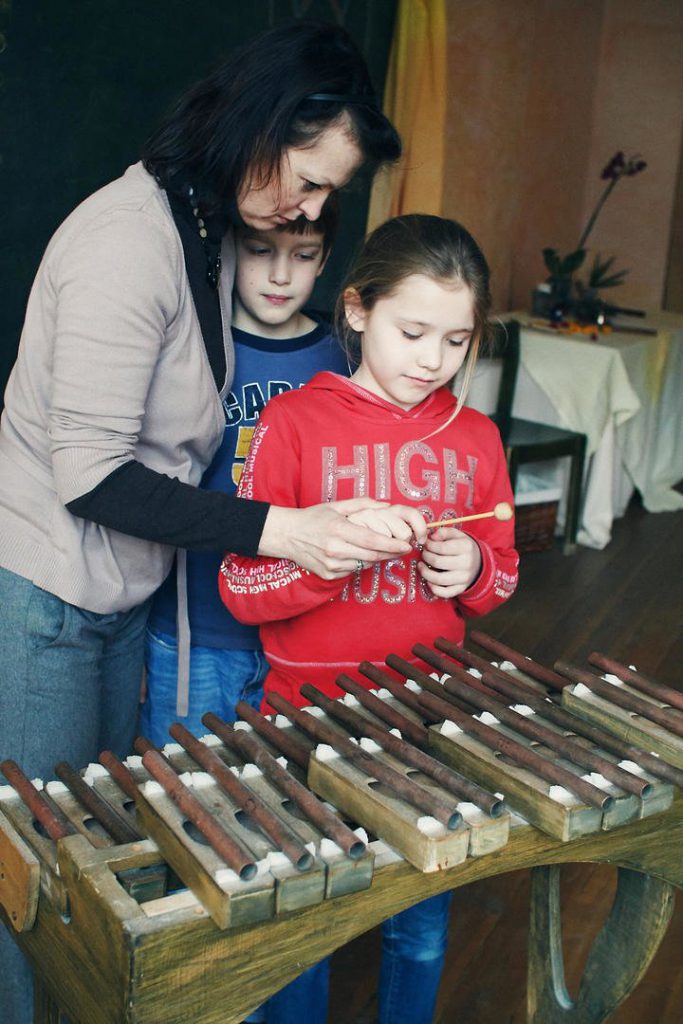In the second grade, students begin to become acquainted with the prevailing contrasts in the world. Taking an interest in them creates an initiative to object to the teacher, ask questions, discuss, change and form one's own opinion. These are fables and legends about saints like Francis of Assisi; they are works that reflect various aspects of human nature and exalt virtue and dedication, which is relevant and important for this year's children. The fairy tales reveal the dark side of human nature, the flaws, and the legends reveal the bright, spiritual perfection. By listening to these stories, students take note of the bad and good qualities of the characters, and express their thoughts on these topics, resulting in an independent approach.
During Lithuanian language lessons, children prepare to understand parts of the language: a verb, a noun, an adjective. Learning by playing, rhythmically moving. The verb is closest to the child - which is related to their desire and will - therefore, the learning process of parts of language is being started with the verb. Adjectives are less of an interest to children - they relate to feelings, and nouns are more foreign because they are abstract. In the second grade, poems are recited, short texts are already being taught independently, and students choose and read books according to their abilities. Learning mathematics is based on the principle "from the whole to the parts". Multiplication tables are learned by rhythmic movement, clapping. Not only volume and quantity are important, but also more attention is paid to the quality of the number. Drawing lessons and other artistic branches are integrated into mathematics and Lithuanian lessons. This period of time is especially importantto teach love, respect and gratitude towards nature.







